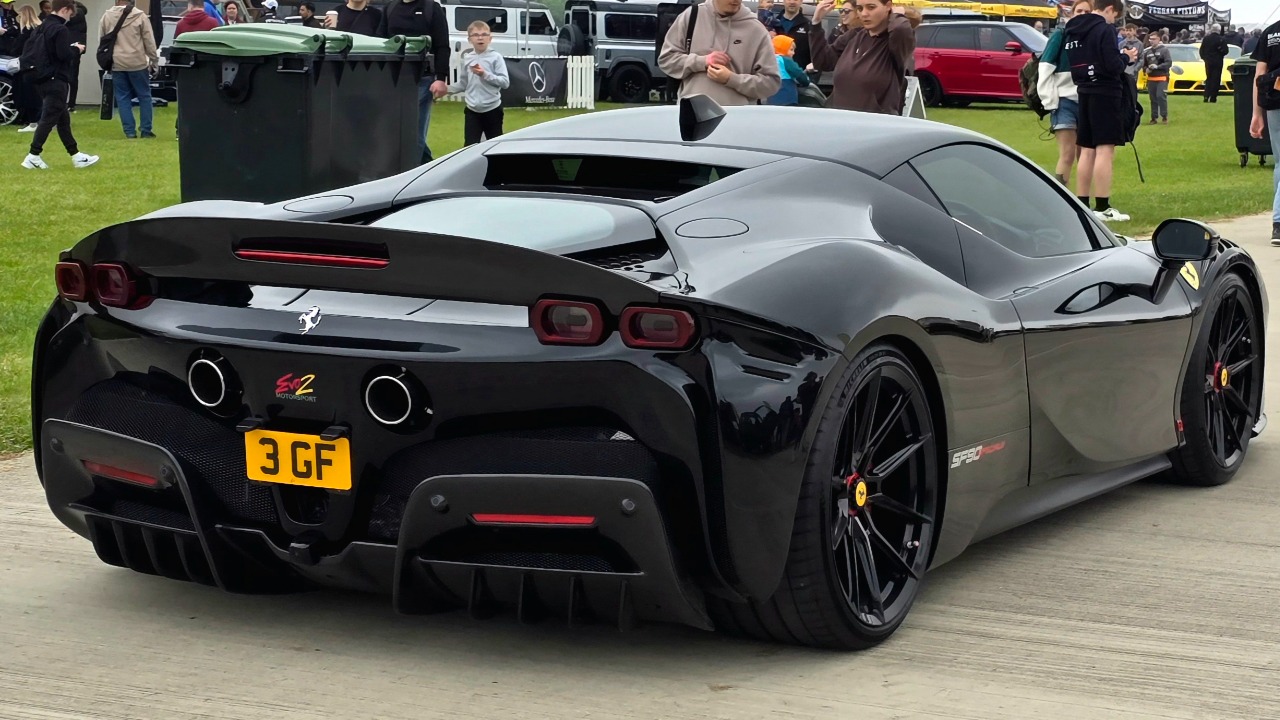
Ferrari, the Italian luxury sports car manufacturer, has unveiled its first fully electric vehicle, set to hit production in 2025. The vehicle, a testament to Ferrari’s commitment to innovation, features a synthetic sound system designed to replicate the visceral roar of its internal combustion engine heritage. This electric powerhouse aims to deliver performance rivaling the brand’s iconic models like the SF90 Stradale, with over 1,000 horsepower from dual electric motors.
Ferrari’s Shift to Electrification
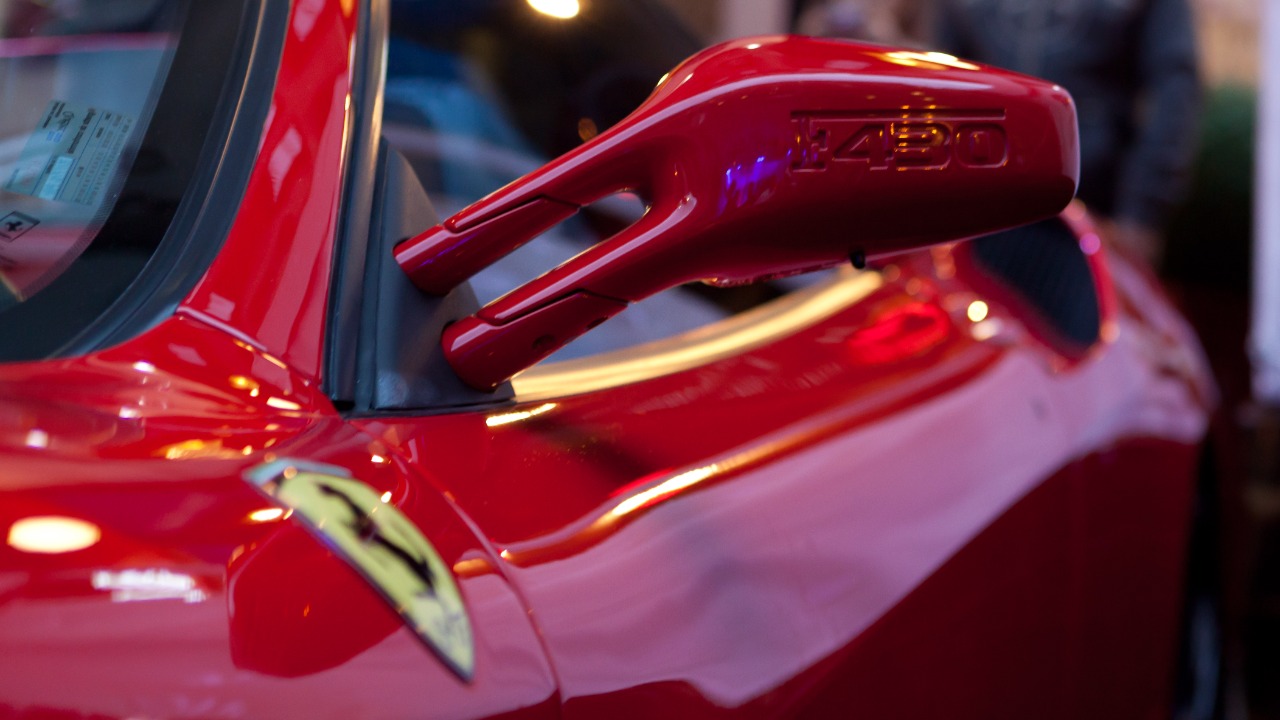
Ferrari’s journey towards electrification began with its commitment to hybrid powertrains, evident in models like the LaFerrari since 2013. The upcoming EV debut in 2025 is a significant milestone in Ferrari’s broader strategy to electrify its lineup while maintaining performance supremacy. This move is a testament to Ferrari’s commitment to innovation and sustainability, without compromising on the brand’s renowned performance.
The technical specs of the upcoming EV are impressive, with its dual-motor setup delivering more than 1,000 hp and a 0-60 mph time under 2.5 seconds. This positions it as a direct competitor to hypercars like the Rimac Nevera. CEO Benedetto Vigna’s vision for EVs that “feel like Ferrari” is evident in how the Maranello-based development team integrated battery tech from suppliers like SK On to achieve a range exceeding 300 miles (Wired).
The Challenge of EV Sound Design
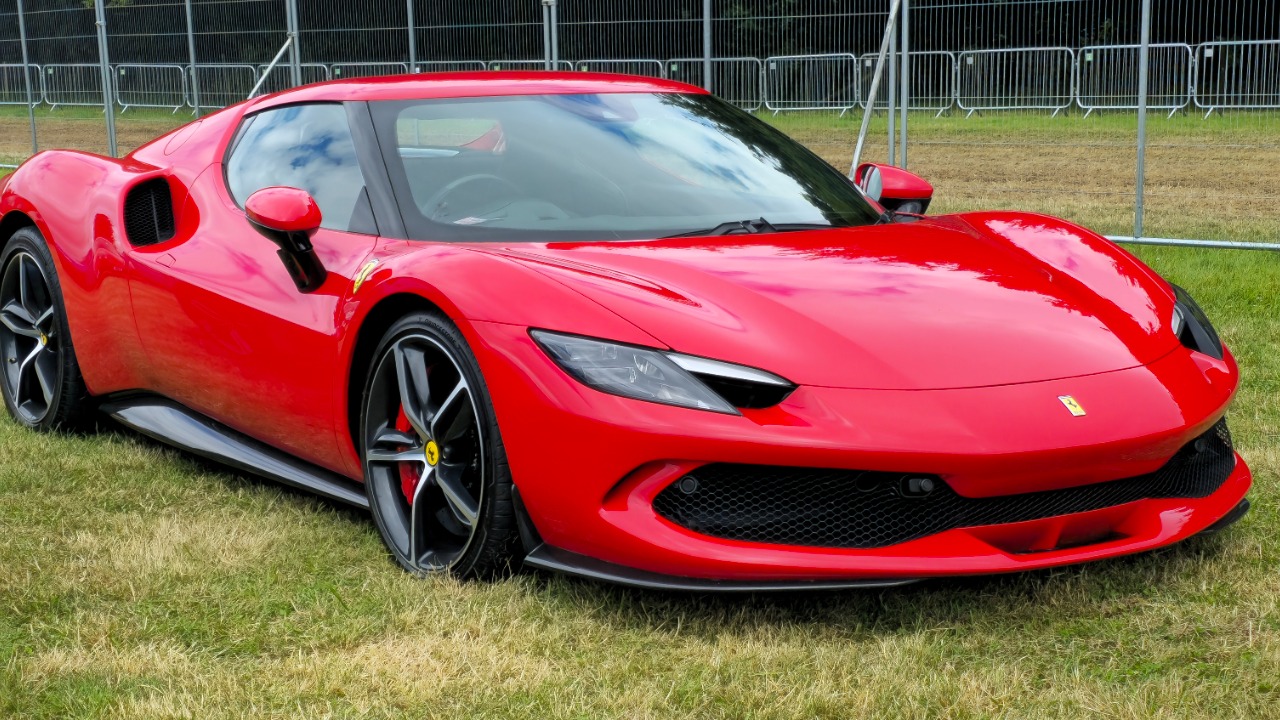
One of the major criticisms of electric vehicles has been their silent nature. This has led to regulatory and cultural pushback against silent EVs, including EU mandates since 2019 requiring pedestrian warning sounds. Ferrari, however, views the traditional silence of EVs as a barrier to emotional engagement, a key aspect of the driving experience.
Early attempts at EV sound design by competitors like BMW’s IconicSounds have often felt artificial. This sets the stage for Ferrari’s more ambitious approach, which aims to overcome acoustic engineering hurdles, such as generating variable frequencies up to 12,000 Hz to mimic V12 revs, without relying on simple playback loops.
Ferrari’s Synthetic Sound Innovation
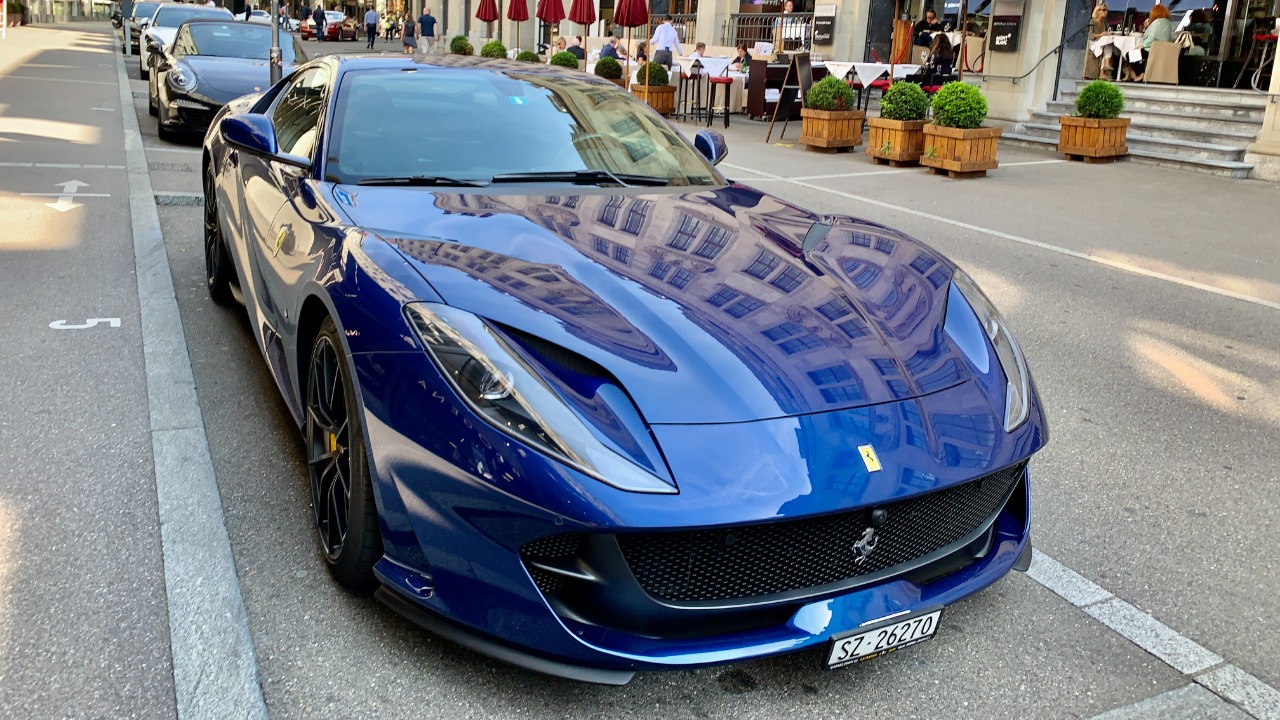
The core technology behind the EV’s audio system employs AI-driven synthesis to create real-time sounds based on motor torque and speed. This system draws from recordings of Ferrari’s 812 Competizione V12, ensuring an authentic and dynamic sound experience.
Ferrari collaborated with audio experts like Angelo Farina, who used modal analysis on engine components to capture authentic vibrations. This ensures the sound evolves from low growls to high-pitched screams, mimicking the experience of driving a traditional Ferrari. The implementation includes 10 external speakers and in-cabin audio that syncs with the vehicle’s 800-volt architecture for seamless delivery.
Performance Parallels to Gas-Powered Ferraris
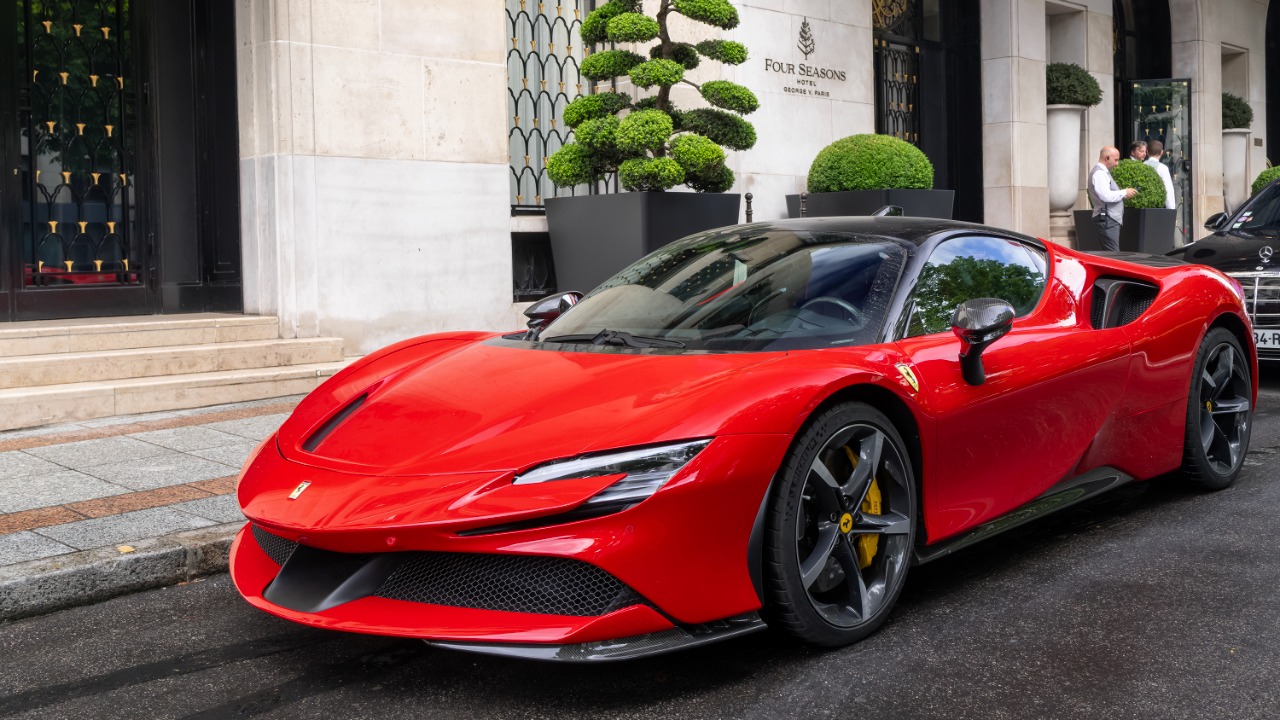
The EV’s powertrain is comparable to the SF90 Stradale’s hybrid setup, achieving similar 1,000+ hp through four-wheel drive and advanced torque vectoring. Despite the EV’s 4,000-pound curb weight, a low-mounted 100-kWh battery pack aims to provide handling akin to the 296 GTB.
Simulations at Ferrari’s Fiorano test track have projected a top speed exceeding 200 mph for the EV. This performance, coupled with the innovative sound design, aims to deliver an electric vehicle that truly feels like a Ferrari.
Industry Implications for EV Audio
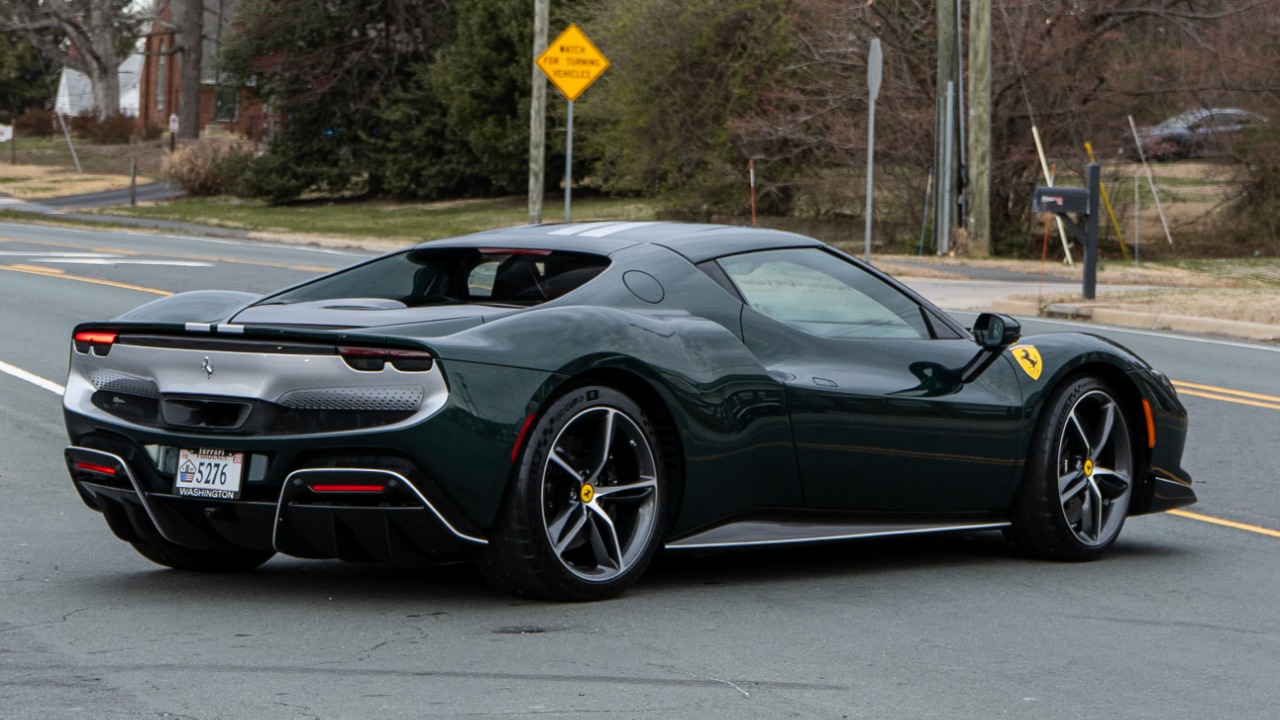
Ferrari’s system could influence rivals like Porsche’s Taycan, which currently uses basic synthetic sounds. This could potentially spark an arms race in immersive audio for electric vehicles. Consumer perceptions also play a significant role, with surveys showing 70% of supercar buyers prioritize engine sound.
The technology also has potential for future scalability, including software updates for sound profiles and integration with Ferrari’s e-building in Maranello opening in 2024. This could bridge the gap for EV adoption in luxury segments.
Environmental and Heritage Balance
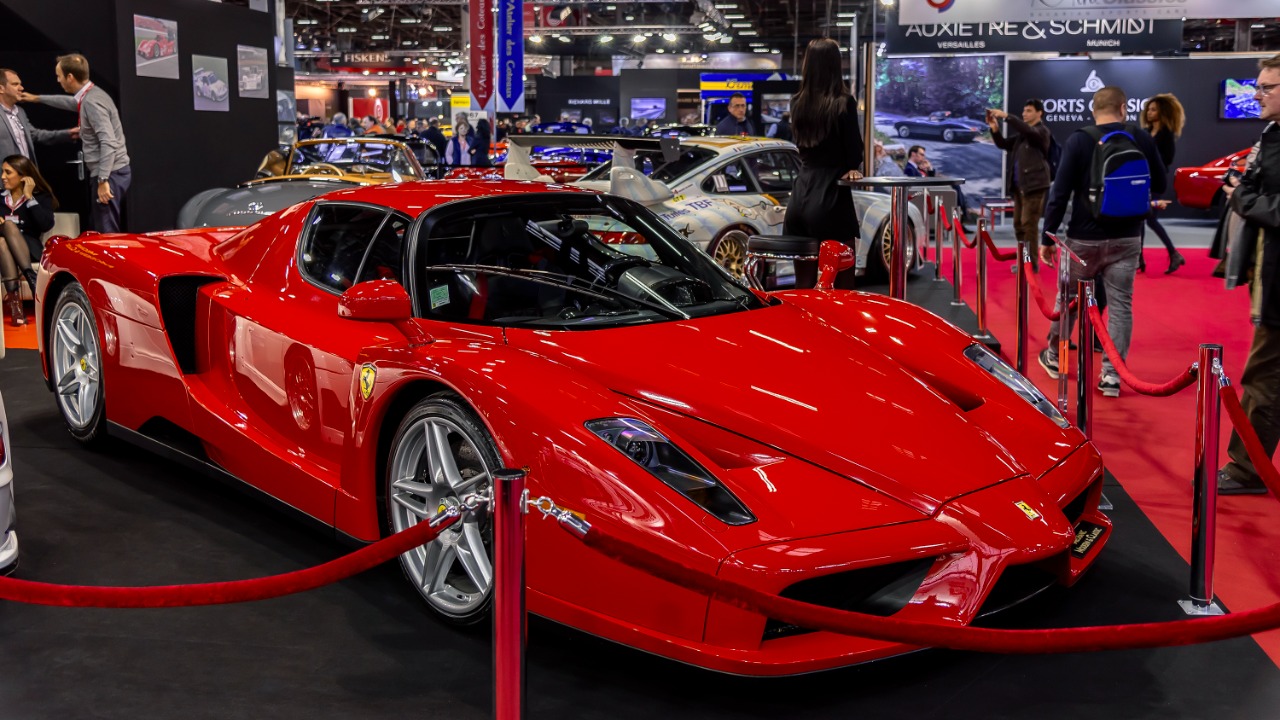
Ferrari’s sustainability goals include targeting carbon neutrality by 2030. The EV incorporates recycled materials and reduces emissions by 80% compared to V8 models. This demonstrates Ferrari’s commitment to balancing environmental responsibility with its rich heritage.
Chassis chief Alessandro Fenocchi stated the EV must “awaken the senses like every Ferrari,” reflecting the importance of preserving brand heritage through sound. The EV is expected to start at $500,000 and will be limited to 5,000 units annually from the Maranello factory, maintaining Ferrari’s exclusivity.